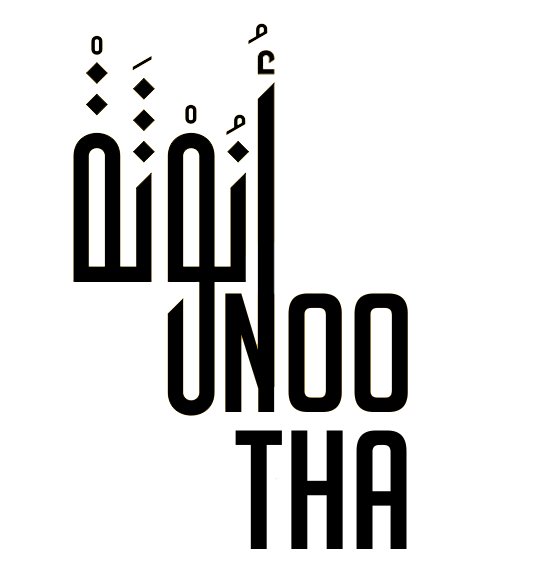The Forbidden Grey Area
Sarah Pflug via burst.shopify.com
On a visit to Lebanon in 2015, a Bahraini journalist and human rights activist conducted a talk on gender identity and expression. She explained that Bahrain was one of the Arabian Gulf countries that allowed legal sex change. The person requiring that legal sex change must be diagnosed with either Gender Identity Disorder or Gender Dysphoria, must be on the hormonal replacement therapy, and must have done all the sex reassignment surgeries.
Some transsexual individuals would not be applicable either for their financial circumstances–hormones and surgeries could be expensive–or they simply would like to do some of the surgeries rather than all of them. Moreover, the gender dysphoria level differs from person to person. Some people would identify as transgender rather than transsexual and, therefore, they would not undergo any of the sex reassignment operations. Periods and menstruation can trigger body dysphoria to some transgender and transsexual individuals, but not all; meaning that some might not choose to go through the hormonal changes that lead eventually to the extermination of periods. Therefore, these fixed conditions in Bahrain would give rights and freedoms to some transsexual individuals; however, they would also restrain the freedoms of others and would take away their rights of gender expression and identity. The Bahraini journalist expressed that there were less than ten known successful cases of legal sex change in Bahrain.
There is an ongoing debate in Bahraini television shows and radio stations regarding the legalisation of sex change: the conservative people aim to revoke the process of legal sex change in Bahrain; however, the liberal influencers are supporting it. The supporters are only sustaining the legal sex change process because they truly believe that transsexual individuals are born in the wrong bodies and are ill or disordered. Therefore, the supporters are encouraging the Bahraini authorities to maintain the process of legal sex change as a cure to this Gender Identity Disorder.
As a Kuwaiti national, I was astonished by such ‘progress’. That was how I viewed the situation back then considering that it was – and still is – illegal to require and pursue a sex-change in Kuwait. Article 198 of the Kuwaiti penal code criminalises ‘imitation of the opposite sex’, which includes transgender people, non-binary, gender non-confirming folks, and basically any individual that does not fell into the binary heterosexual expectations. Otherwise, these people will be charged with imitation and be detained for at least six-months, and/or pay a minimum of one thousand Kuwaiti dinars.
There is no reference to protection from gender and sexuality-based discrimination in the Arabian Gulf states which puts the lives of LGBT+ individuals at risk.
Esraa Husain is a 26-year old-Kuwaiti creative writer based in the UK. Esraa writes fiction and nonfiction texts in English and Arabic, and has published short stories, essays and poetry in literary journals, magazines, and online platforms. Esraa is keen on performing creative pieces in open literary nights and spoken word events in both Kuwait and the UK.

